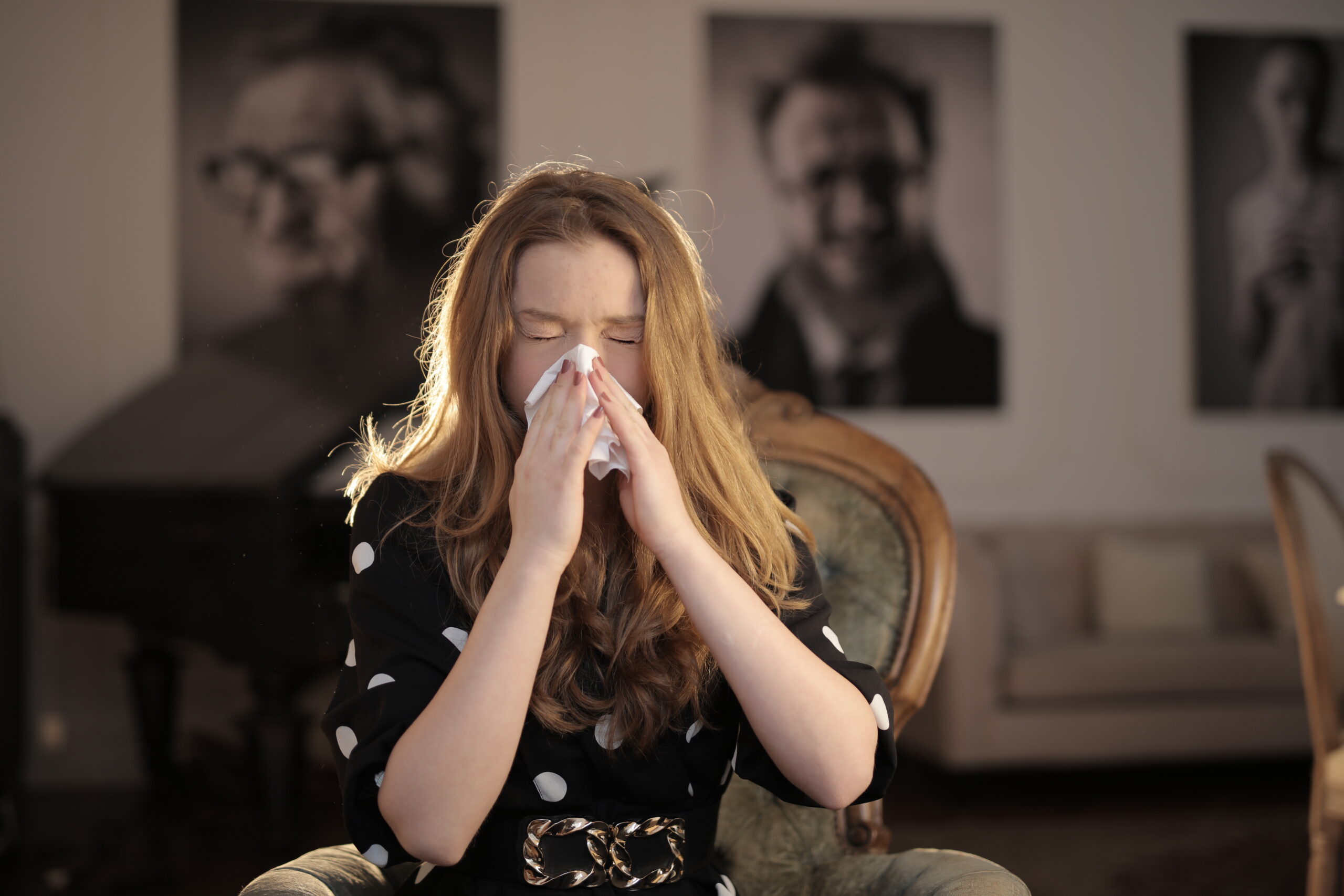What causes whooping cough?
Title: Unraveling the Mystery: What Causes Whooping Cough?
Introduction: Whooping cough, also known as pertussis, is a highly contagious respiratory infection that affects people of all ages. Its characteristic “whoop” sound has earned it its common name. While we may often think of whooping cough as a childhood illness, it can affect anyone, making it crucial to understand its causes and take necessary precautions to prevent its spread. In this blog post, we will delve into the primary factors contributing to the occurrence and spread of whooping cough.
1. Bacterial Culprit: The primary cause of whooping cough is the bacterium Bordetella pertussis. This bacterium spreads from person to person through respiratory droplets released during coughing, sneezing, or even talking. When an infected person coughs or sneezes, these droplets containing the bacteria can easily be inhaled by others nearby.
2. Declining Immunity: One of the key reasons why whooping cough continues to exist is that immunity to this disease can wane over time. Even individuals who have been previously infected or immunized against pertussis can contract the disease again. This waning immunity, combined with the highly contagious nature of the bacterium, allows it to thrive and circulate within communities.
3. Incomplete Vaccination: Vaccination is an essential tool in preventing whooping cough. However, incomplete or delayed vaccination schedules can contribute to its occurrence. The pertussis vaccine is usually administered as part of the DTaP (diphtheria, tetanus, and pertussis) vaccination series, with booster shots recommended during adolescence and adulthood. Failure to complete the full vaccination schedule can leave individuals vulnerable to infection.
4. Infants at High Risk: Whooping cough can be particularly dangerous for infants, especially those under the age of six months. This age group is more susceptible to severe complications and is at a higher risk of hospitalization or even death. Since infants cannot receive the pertussis vaccine until they are a few months old, they rely heavily on the immunity passed on from their mother during pregnancy. This is why it’s crucial for pregnant women to receive the Tdap (tetanus, diphtheria, and pertussis) vaccine during each pregnancy to protect both themselves and their newborns.
5. Lack of Awareness and Delayed Diagnosis: Whooping cough symptoms often start with a common cold, including sneezing, runny nose, and mild cough, which can make it challenging to diagnose early. As a result, the infection can unknowingly spread to others, especially in crowded settings like schools, childcare facilities, and households. Raising awareness about the symptoms and importance of early testing and diagnosis can help prevent the spread of this illness.
Conclusion:Understanding the causes of whooping cough empowers us to take appropriate preventive measures. Vaccination, maintaining good respiratory hygiene, and prompt diagnosis are essential in controlling the disease’s spread. By staying informed and vigilant, we can protect ourselves, our loved ones, and our communities from the potentially severe consequences of whooping cough.



